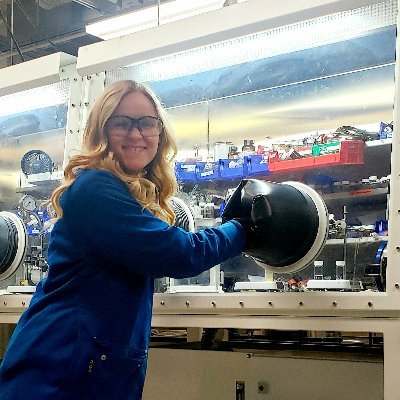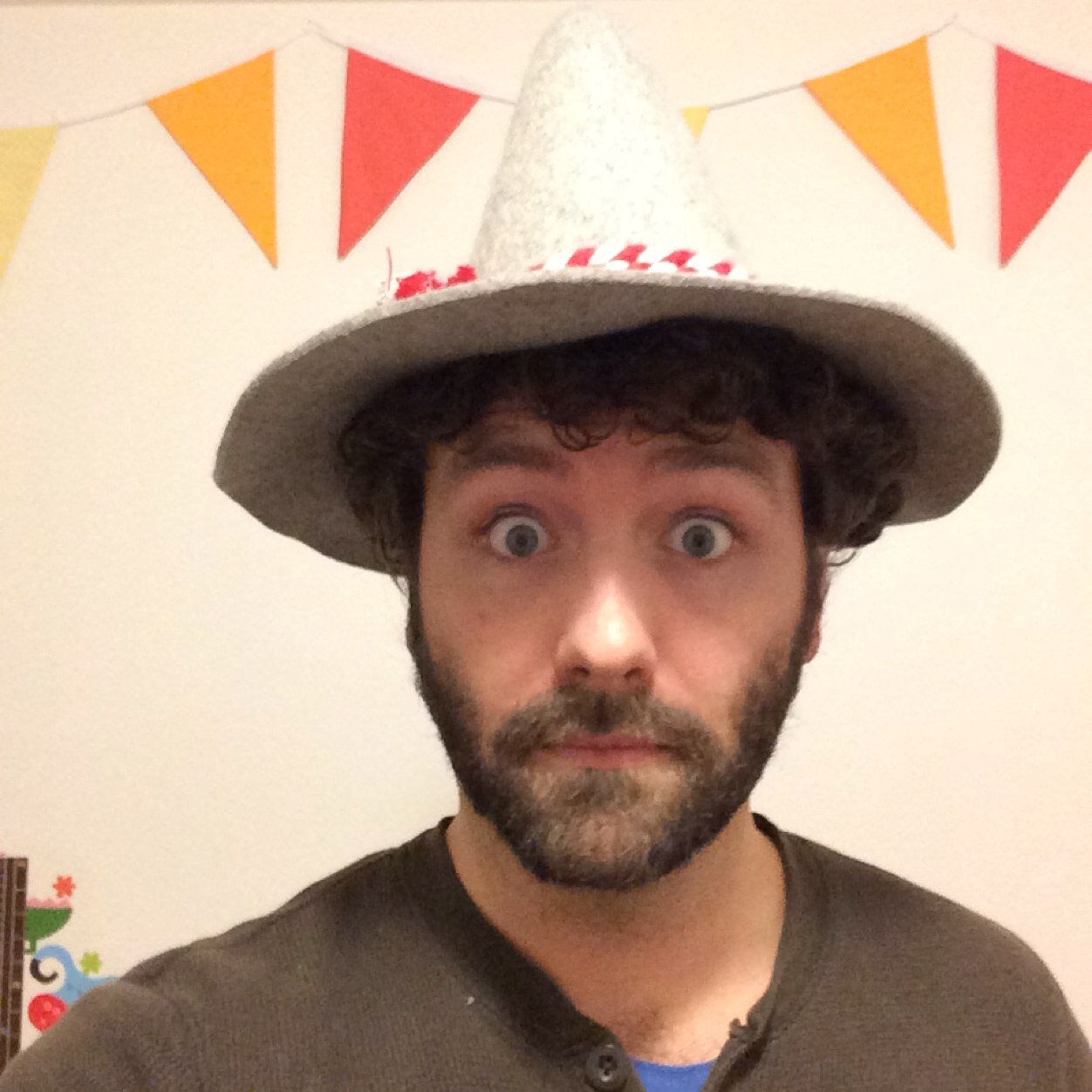
Jessica McFadyen
@jjmcfadyen
Followers
482
Following
564
Media
37
Statuses
265
Clinical Evaluation Researcher at @Limbic_ai
London, England
Joined November 2014
Come and join the clinical research team at @Limbic_ai! 🧠 We're looking for an energetic, organised, clever individual to help us evaluate how Limbic's AI is making an impact on mental health in the real world 🚀
apply.workable.com
0
1
10
A new publication is born: "Surprising Threats Accelerate Conscious Perception" https://t.co/UzEIZj2yf0 This is the fourth & final publication from my PhD, meaning I can now officially declare it DONE AND DUSTED. Massive thanks to @MartaIGarrido @NaoTsuchiya @jbmattingley!
4
16
61
Excited to share the cover design for THE INVENTION OF TOMORROW, a book Thomas Suddendorf, Jon Redshaw and I have been writing about the human capacity to imagine the future. The book will be out with @BasicBooks in September & can be preordered here: https://t.co/enDPyCuxTd
4
12
40
Great work Shivam and team!
Congrats to Shivam, Jess, Marta! Paper published online at Human Brain Mapping! https://t.co/Nky7gvjG3H Neural and computational processes of accelerated perceptual awareness and decisions Kalhan, Jessica, Tsuchiya, Garrido I think it's the first bCFS study with 7T-fMRI!
0
1
3
I often wonder what academia before computers was like. No emails so you just go home and read books and drink tea; your students have to actually go to office hours to ask questions; publication send rejections to your actual mailbox; no PowerPoints . . . what have we done
509
2K
26K
My husband made my first publication into a framed Christmas ornament. Such a sweet and thoughtful gift! 🎄❤
330
5K
89K
Endless thanks to @MPC_CompPsych, particularly @YunzheNeuro, @toby_wise, @paul_b_sharp, and the radical MEG scanning team at @WCHN_UCL! (9/9)
1
0
7
Thus, neural replay can predict trial-by-trial decision-making in humans. Moreover, replay relates to trait anxiety, where paths representing the worst case of a choice to approach (being punished) or avoid (missing out on reward) are prioritised. (8/9)
0
0
3
2. (cont.) … when approaching was riskier, replay was stronger for the loss path. This was especially the case for more anxious participants. In contrast, stronger replay for reward paths meant participants were more likely to correctly avoid. (7/9)
0
0
2
Our findings: 1. If participants planned to avoid, replay was stronger for the paths leading to reward 2. If participants planned to approach, then replay was similar for reward and loss paths, but... (6/9)
0
0
4
While participants planned their choice, we decoded the reactivation of each path from brain activity using machine learning and magnetoencephalography (MEG). (5/9)
0
0
2
If participants chose to approach, the computer took them to one of the two paths according to a probability shown on screen (i.e., a gamble). If participants chose to avoid, they just received 1 point (i.e., a safe option). (4/9)
0
0
2
Our aim was to see whether the type of path that is replayed during planning relates to the types of decisions people make. Participants calculated how many points they could win or lose along two paths, and then chose to “approach” or “avoid” the two paths. (3/9)
1
0
2
“Replay” is when the brain very rapidly reactivates memories in a particular sequence. Replay might play a role in how we plan which trajectory we should take in the future, but it’s not clear if this is indeed always the case. (2/9)
1
0
2
Finally, after the huge delay that was Covid, our MEG study is out as a preprint on bioRxiv: https://t.co/FTtdmIQCwb “Differential replay for reward and punishment paths predicts approach and avoidance” with @YunzheNeuro & Ray Dolan at @MPC_CompPsych Summary in thread: (1/9)
6
23
62
The gaze of a #humanoid #robot influenced the social decision-making strategies of people playing a strategic game against the robot, a new @SciRobotics study reports ➡ https://t.co/DKoAuGv8oi
5
21
64
Researchers in the Hofer lab at SWC have uncovered a new brain mechanism in the ventral lateral geniculate nucleus (vLGN) that can control escape behaviour based on previous experience. Read more: https://t.co/D8dULr9E03
1
7
16
New experimental project - Create a heatmap of average IMDb ratings for any TV series! Just type in a name and see the ratings for each episode. https://t.co/WV3p34bAPR
39
153
594










